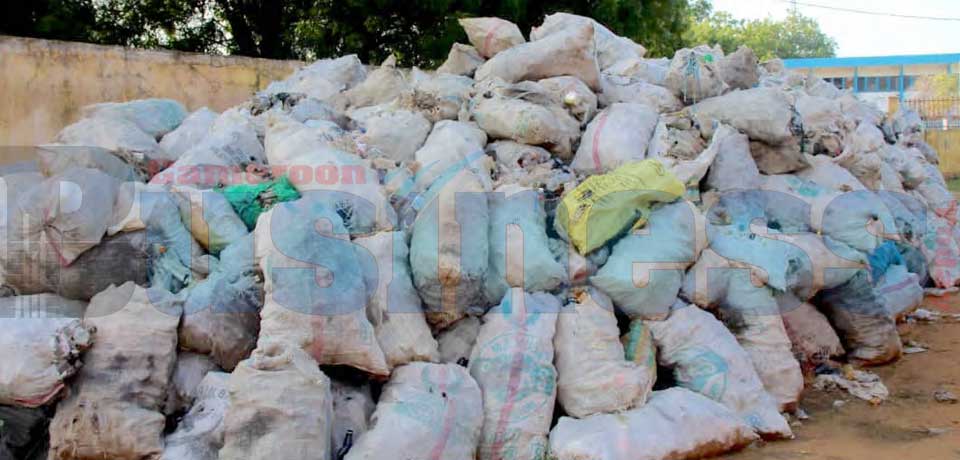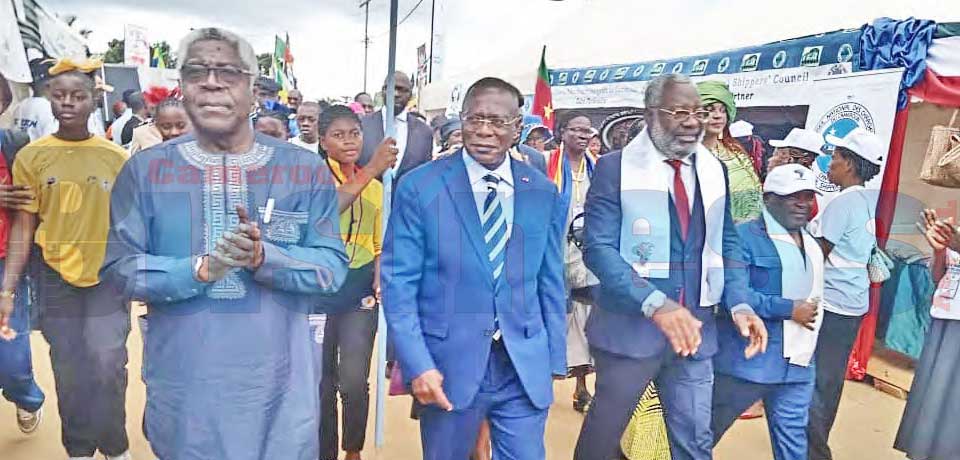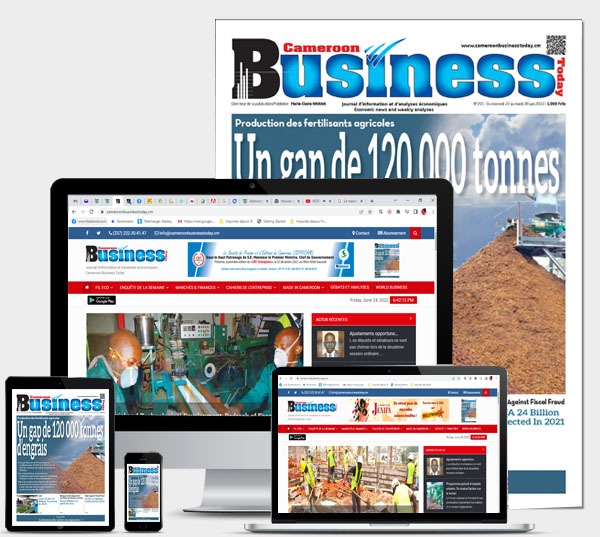African countries have continued to face challenges of low fiscal revenues and expansion in spending that are tightening fiscal spaces, illicit financial flows, and weak capacity for public financial management, especially credible public budgeting. These challenges have been exacerbated by the financing pressures emanating from the COVID-19 pandemic, the Russia-Ukraine war, climate change, conflict, and insecurity, all affecting the ability of countries to meet their development aspirations and reduce poverty. These pressures force governments to increase borrowing, thus further worsening the continent’s debt vulnerabilities. With surging food and energy prices affecting the most vulnerable households, African countries have continued to face complex balancing acts of supporting recovery from adverse effects of the pandemic, tightening global financing conditions, and contending with the prospects of protecting vulnerable people and segments of the economy from the economic impacts of the conflicts, climate change and containing debt and fiscal vulnerabilities. These challenges call for improved prudence in managing available public finances while intensifying efforts at mobilising additional revenues away from the dependence on natural resources (raw materials) and ensuring prudent spending. Indeed, budgeting lies at the core of resource allocation and utilisation to ensure that government policy objectives and priorities are met within existing financing constraints. The current global financial architecture faces significant challenges in addressing the financial. According to the World Economic Forum, Africa has made significant progress in financing its development through domestic resources in recent years. However, this funding is inadequate to close a widening financing gap. To bridge the funding gap, African countries need to boost domestic resource mobilization (DRM) by increasing financial resources, improving public spending efficiency, leveraging large pension fund markets and sovereign wealth funds, curbing illicit financial flows out of the continent, and harnessing partnerships. New sources of tax revenue should be sought, including those from digital payments, informal sector taxes, and sin taxes, among others. Africa must explore innovative solutions and leverage the ongoing Financing for Development processes to secure adequate financial and technical resources to support Africa’s participation and engagement in the tax reform process. Deepening Africa’s capital markets for resource mobilisation will enable countries to source additional financial resources from the private sector and the pension fund industry. The use of Public-Private Partnerships (PPPs) will also allow African countries to finance critical infrastructure projects with resources from the private sector. By leveraging carbon credits, countrie...
- Fil Eco
- Enquête de la semaine
-
Marchés & FINANCES
-
Marchés
-
Finances
-
-
Cahiers de l'entreprise
-
Catégories
-
-
-
-
-
- Made in Cameroon
- Débats et analyses
- World Business
















Commentaires